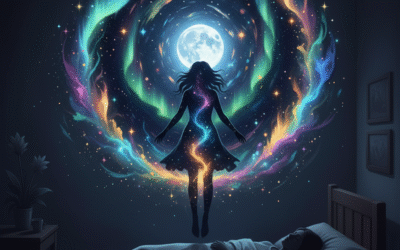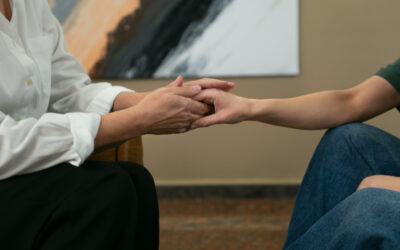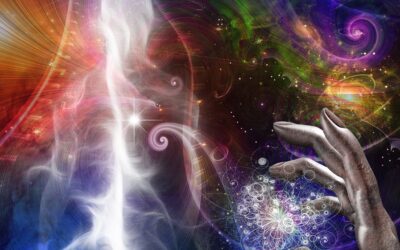Intro
Rituals are one of the oldest ways humans have given meaning to life. They’re the moments where we step out of our everyday routine, slow down, and do something with intention — whether it’s lighting a candle in prayer, gathering with family at the holidays, or even the small “ritual” of making your coffee just the way you like it every morning.
From ancient temples to modern living rooms, rituals are bridges — connecting us to the divine, to nature, to each other, and ourselves. And while some rituals are deeply religious, others are purely personal or cultural. Let’s explore the many types of rituals, why they’ve stood the test of time, and how you can create your own.
What is a Ritual?
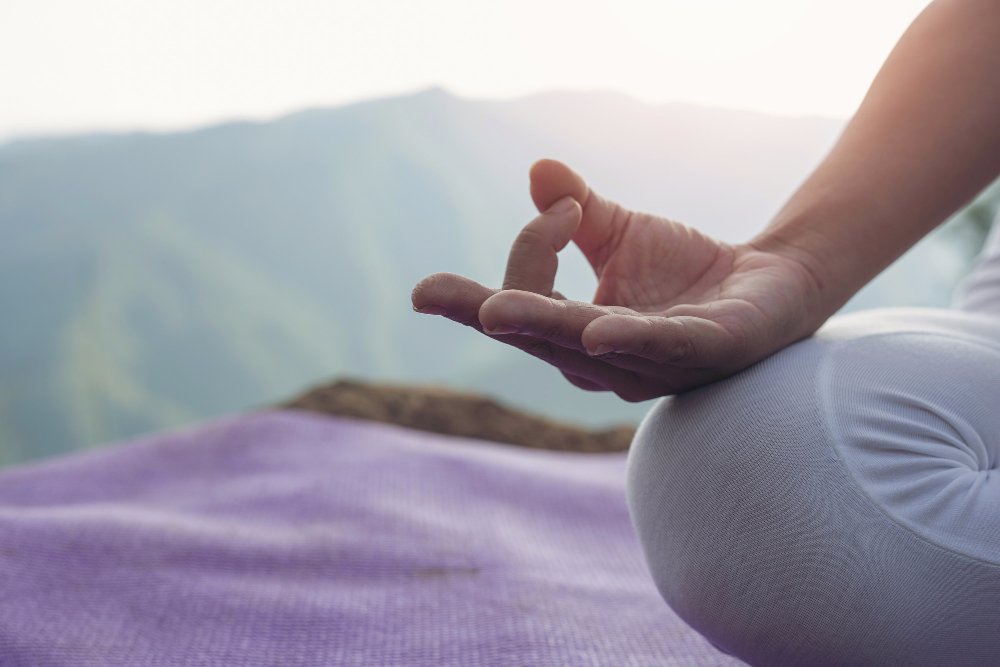
At its core, a ritual is a series of actions performed in a set order, usually with symbolic meaning. That meaning could be spiritual, cultural, or even psychological.
Think of a wedding ceremony, a graduation, or a morning meditation. Each has structure, symbolism, and emotional weight. The true magic of rituals is that they create space for intention and presence — even if it’s just for a few minutes.
Types of Rituals
Across history and cultures, rituals take on different forms. Some are ancient and formal; others are intimate and personal. Here are some of the most common types:
1. Pilgrimage
A pilgrimage is a journey to a sacred place for spiritual growth or fulfillment. Think of the Hajj in Islam, the Camino de Santiago in Christianity, or traveling to the Ganges River in Hinduism.
Even outside religion, people make “pilgrimages” to places that matter deeply to them — like a childhood home or the grave of a loved one.
2. Purification Ceremonies
These are rituals for cleansing — physically, spiritually, or both. This might be a sweat lodge ceremony in Indigenous traditions, ritual bathing in holy rivers, or burning sage to clear stagnant energy from a space.
Purification rituals often happen before important events, as a way to prepare body and spirit.
3. Seasonal Rituals
Humans have always marked the changing of the seasons with celebrations. Harvest festivals, solstice ceremonies, and new year traditions all fall under this category.
These rituals help us stay in tune with the natural cycles of the Earth.
4. Ancestor Worship
In many cultures, honoring ancestors is a way of maintaining a living connection with family and heritage. Offerings, prayers, and memorial ceremonies are common forms.
In Mexico, Día de los Muertos blends Catholicism with Indigenous traditions to remember and celebrate loved ones who have passed.
5. Dedication Ceremonies
These rituals mark the start of a new commitment — whether dedicating a child to God, blessing a new home, or launching a new community project.
They’re about intention-setting and asking for support, guidance, or protection.
6. Funerals
Funerals are universal rituals, though the way they’re done varies widely. Some focus on mourning, others on the celebration of life.
They give structure to grief, allowing communities to gather, honor the dead, and support the living.
7. Prayer
Prayer is one of the simplest and most widespread rituals — a direct conversation with the divine. It can be formal, like in a religious service, or personal and spontaneous.
8. Religious Action
From attending a service to lighting a menorah, religious actions are rituals that align a person with the beliefs and practices of their faith.
9. Rites of Passage
These mark transitions from one stage of life to another — birth, puberty, marriage, and elderhood. A bar or bat mitzvah, quinceañera, or retirement party can all be rites of passage.
10. Rituals of Inversion
Sometimes rituals are about breaking the rules — on purpose. Carnivals and festivals where normal hierarchies are reversed or suspended fall here. Think Mardi Gras or the ancient Roman Saturnalia.
11. Sacrifice
Historically, sacrifice might mean offering food, animals, or other goods to a deity. Today, it might mean fasting, donating to charity, or giving up a comfort for a spiritual or moral purpose.
Why Rituals Matter Today
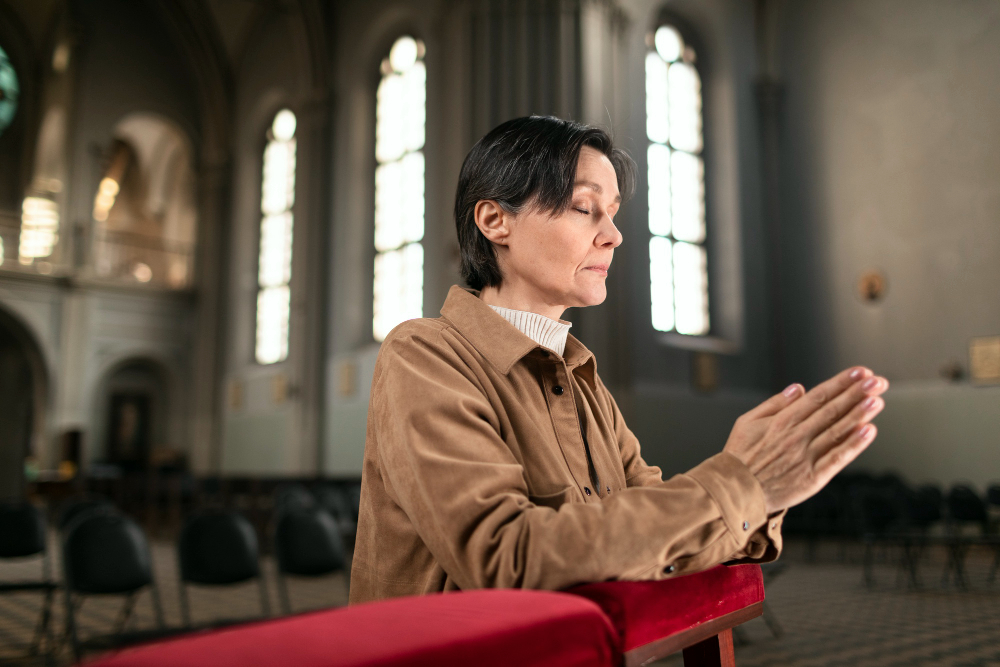
Even in a fast-paced, technology-driven world, rituals are deeply relevant. Here’s why:
- They give structure to change. Life is full of transitions, and rituals help us acknowledge and integrate them.
- They create a connection. Whether it’s with our ancestors, our community, or the divine, rituals keep us rooted.
- They focus our energy. A ritual is an intentional pause — a chance to direct our thoughts, emotions, and spirit toward something meaningful.
- They can be deeply personal. You don’t have to follow an ancient script. Your “ritual” could be your morning yoga, your evening gratitude practice, or your monthly hike in nature.
How to Create Your Own Ritual
You don’t have to wait for a holiday or life event. Personal rituals can be simple and powerful:
- Close with gratitude. Thank yourself, others, or the divine for the experience.
- Set your intention. What do you want this ritual to do?
- Choose your actions. This might be lighting a candle, journaling, meditating, or walking barefoot on the earth.
- Add meaning. Use symbols, words, or objects that resonate with you.
- Be present. The power is in your awareness, not the perfection of the steps.
Rituals and Energy: The Hidden Link
Rituals aren’t just symbolic — they’re energetic. Whether you’re lighting incense, praying, or dancing at a festival, you’re moving energy.
This is where tools like the Mastering Energy Reading Book can be transformative. Learning to sense and understand the energy within rituals can help you choose practices that truly nourish you. You might discover that certain ceremonies leave you feeling grounded and full, while others drain you — and with awareness, you can adjust.
FAQ
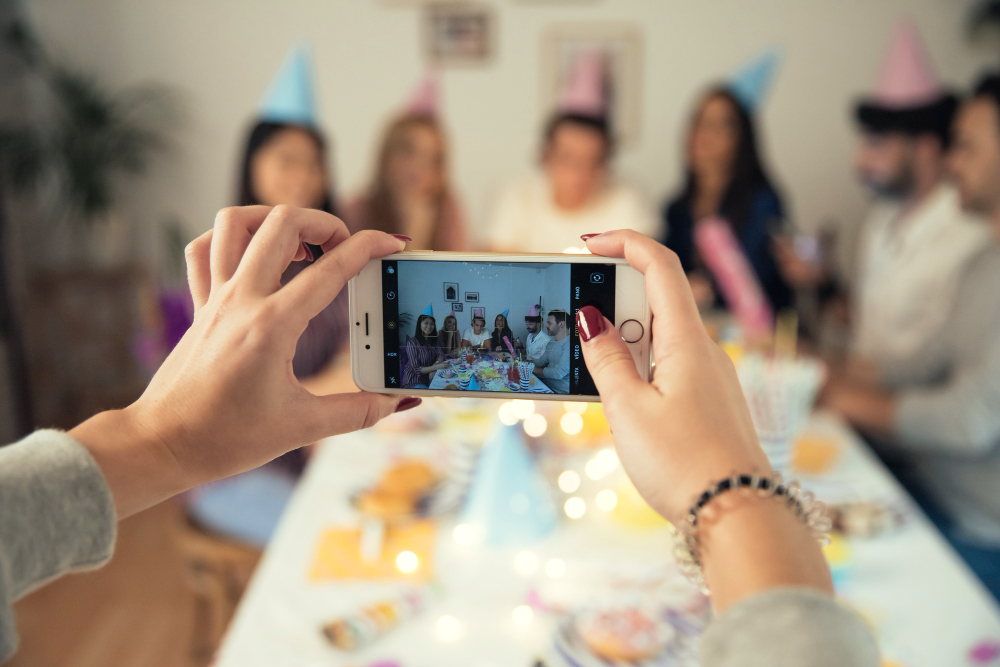
What’s the real meaning of a ritual?
At its heart, a ritual is just something you do with intention. It’s more than a habit — there’s a sense of purpose or symbolism behind it. That could mean a prayer, a family tradition, or even the way you mindfully make your tea every morning.
Can you give me an example of a ritual?
Sure! Think of lighting a candle before dinner, celebrating a birthday with cake, or saying a little prayer before bed. Those are all rituals — some spiritual, some just meaningful to you.
So… why do people do rituals?
Because they give extra meaning to what we’re doing. Rituals can help us feel connected — to each other, to nature, to a higher power, or even just to ourselves. They can also help mark important moments in life.
What are the four main types of rituals?
Experts often group them into four big categories:
- Healing or protection rituals (like blessings or ceremonies for well-being)
- Rites of passage (like weddings or graduations)
- Seasonal or calendar rituals (like New Year’s or harvest festivals)
- Exchange or offering rituals (like giving thanks, making offerings, or fasting)
What are the most common rituals?
It depends on where you are, but things like prayer, holiday traditions, and seasonal festivals are pretty much everywhere.
What exactly is a spiritual ritual?
It’s any practice you do with the goal of connecting to something bigger than yourself — that could be God, the universe, your higher self, or just a sense of peace.
Do rituals have to be religious?
Nope. You can have cultural, social, or personal rituals with zero religious element — like a family pizza night or a daily gratitude journal.
How can I do rituals at home?
Pick a time and space, choose an action that feels meaningful (like lighting a candle, meditating, or journaling), and do it with intention. It doesn’t have to be fancy.
What are five examples of social rituals?
Family dinners, national holidays, graduation ceremonies, a team’s pre-game chant, and local community festivals.
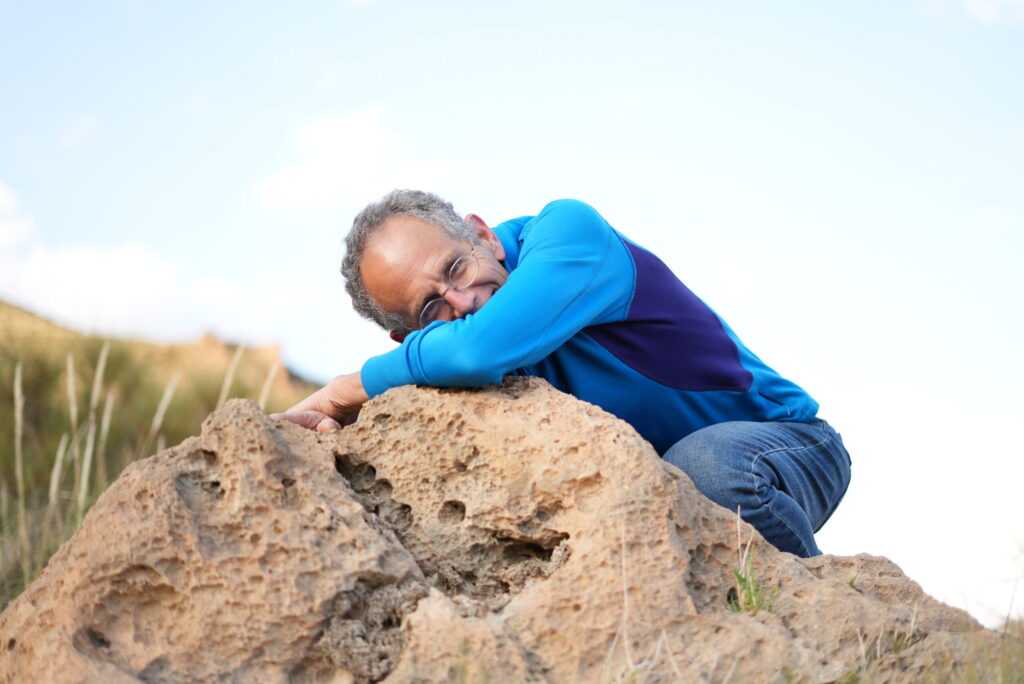
Final Thoughts
Rituals are living threads in the fabric of human life. They mark our milestones, comfort us in grief, connect us to the seasons, and remind us of what matters. Whether you’re walking an ancient pilgrimage path or creating a five-minute morning ritual with your coffee, you’re tapping into a timeless human need: to bring meaning and intention into the everyday.
If you’d like to go deeper into understanding the energy behind rituals — and how to sense when a ritual is lifting you up or draining you — the Mastering Energy Reading Book is a great place to start. If you wan’t something more personal, you can book a private session. After all, rituals aren’t just things we do; they’re experiences that shape the way we feel, think, and live.
Subscribe
If this guide sparked something in you, we invite you to stay close. Subscribe to our newsletter for more insights, guided practices, and upcoming events that support your energy awareness and spiritual growth.
If you’d like to support us, please subscribe to our YouTube channel, buy me a coffee, or join our Aura Community.

